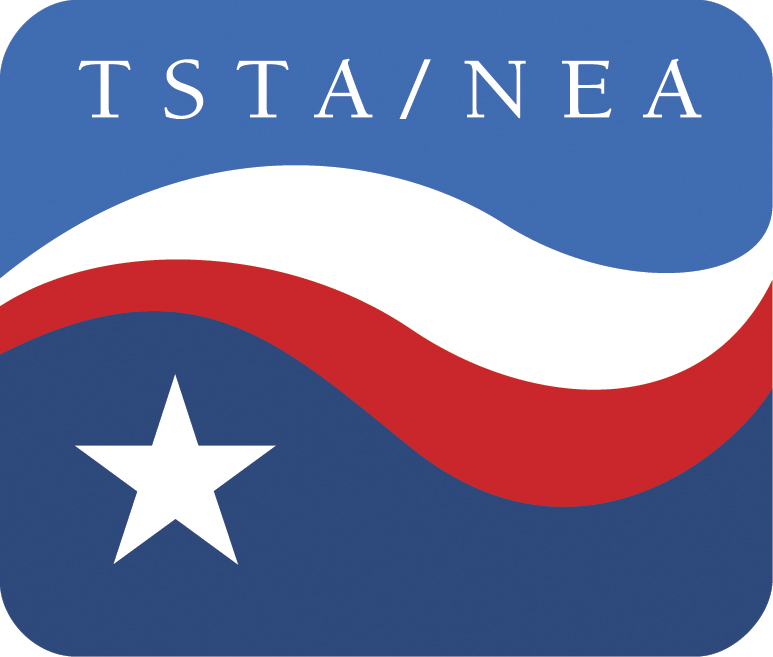Why vouchers leave special ed kids behind
In a last gasp attempt to revive school privatization before this legislative session ends, voucher advocates are offering to limit education savings accounts, or vouchers, to special education kids. But they are peddling false hope.
If this voucher proposal is enacted, it will do almost nothing to help the vast majority of special education children in Texas because most private schools, even with vouchers, are simply unprepared – or unwilling — to give these kids the services they need.
National Public Radio broadcast a story this week about the voucher program in Indiana, one of the country’s largest, which should serve as a warning to anyone who is attracted to these so-called “choice” alternatives.
In the first place, a voucher program doesn’t provide a real choice to most parents. The real choice, as the Indiana program shows, resides with the private schools. Many private schools in Indiana don’t accept voucher students, and most of those that do are religious schools. These schools, not the parents, decide which kids are admitted through a variety of entrance requirements, including grade point averages, entrance exams and even statements of faith – an uncomfortable, perhaps unconstitutional, mix of religion and tax dollars.
Kids with behavior problems need not apply, and in many private schools, most children with special needs are equally unwelcome.
Public schools admit all children with special needs because the federal Americans with Disabilities Act (ADA) requires them to. But the ADA doesn’t apply to private schools, and in Indiana, most private schools are shutting their doors to special education kids with vouchers because, even with tax dollars, they don’t have the resources or the interest to try to educate them.
According to the NPR report, more than 15 percent of the public school enrollment in Fort Wayne is in special education. The average special education rate at private voucher schools in Fort Wayne is 6.5 percent. In Indianapolis, 17 percent of the public school enrollment is in special education, while special education students account for only 7 percent of the enrollment in Indianapolis’ private voucher schools.
Those numbers are typical of Indiana as a whole, and there is no reason to think it would be any different in Texas.
“The gen ed (general education) student is in a private parochial school. The special ed student’s here (in public school),” said Wendy Robinson, the public school superintendent in Fort Wayne.
Yes, thousands of special education students in Texas have been denied the services to which they were entitled because of the arbitrary cap placed on special education enrollment by the Texas Education Agency several years ago. The cap was imposed because the legislative majority has refused to adequately fund Texas’ public schools.
If legislators really want to help special education children in Texas, they will improve public education funding, not try to deceive parents with a costly voucher program that would be worthless for most special education kids and most other students as well.

0 Comments